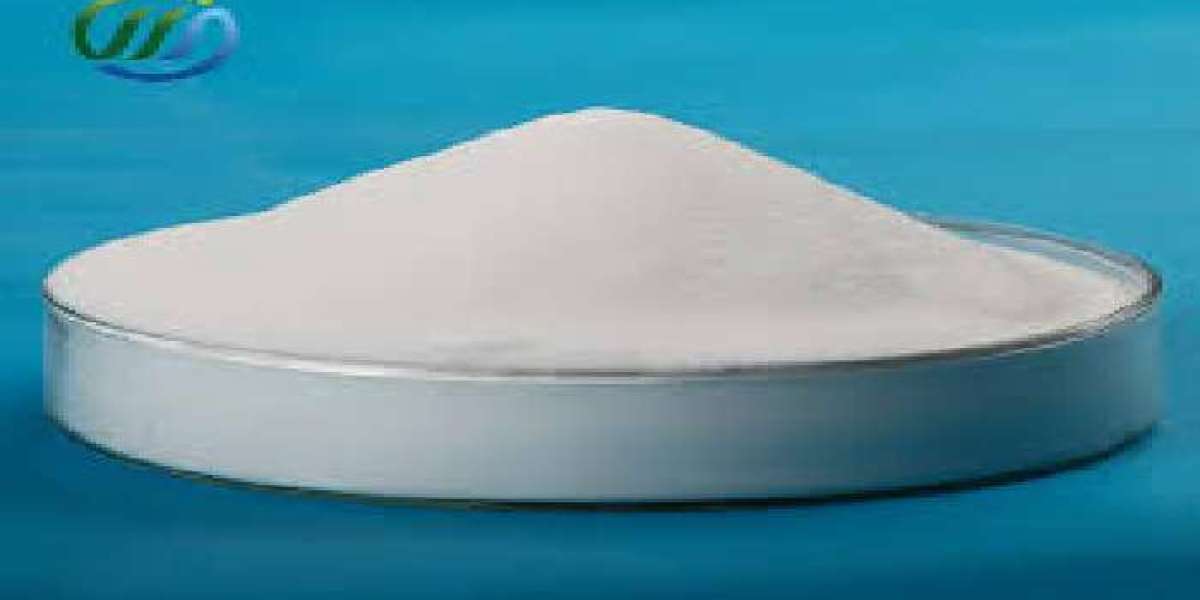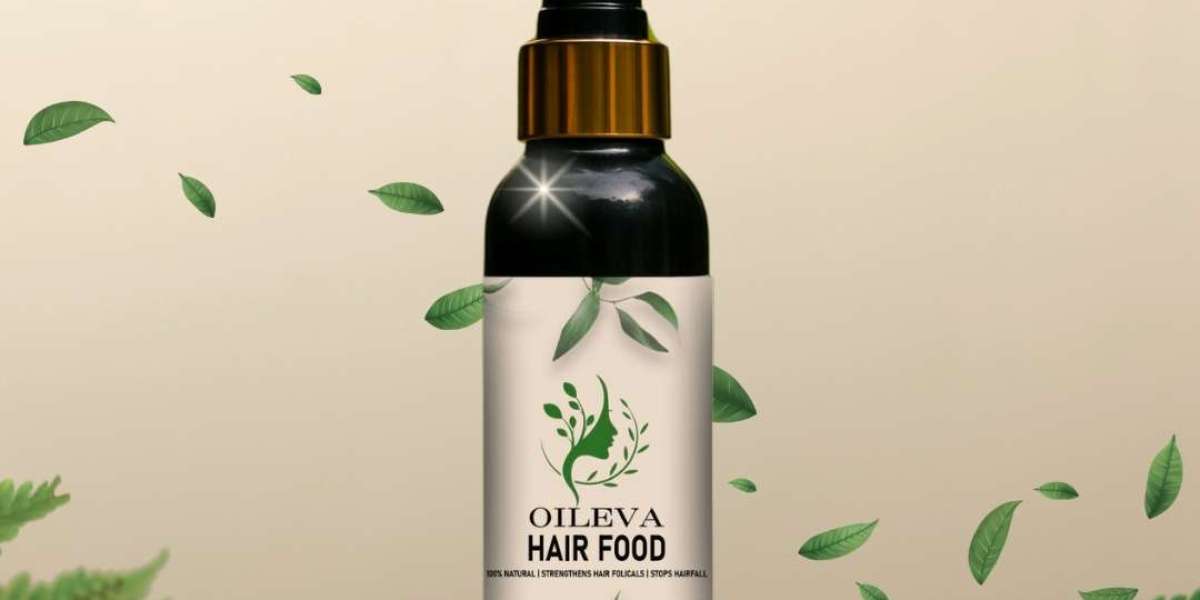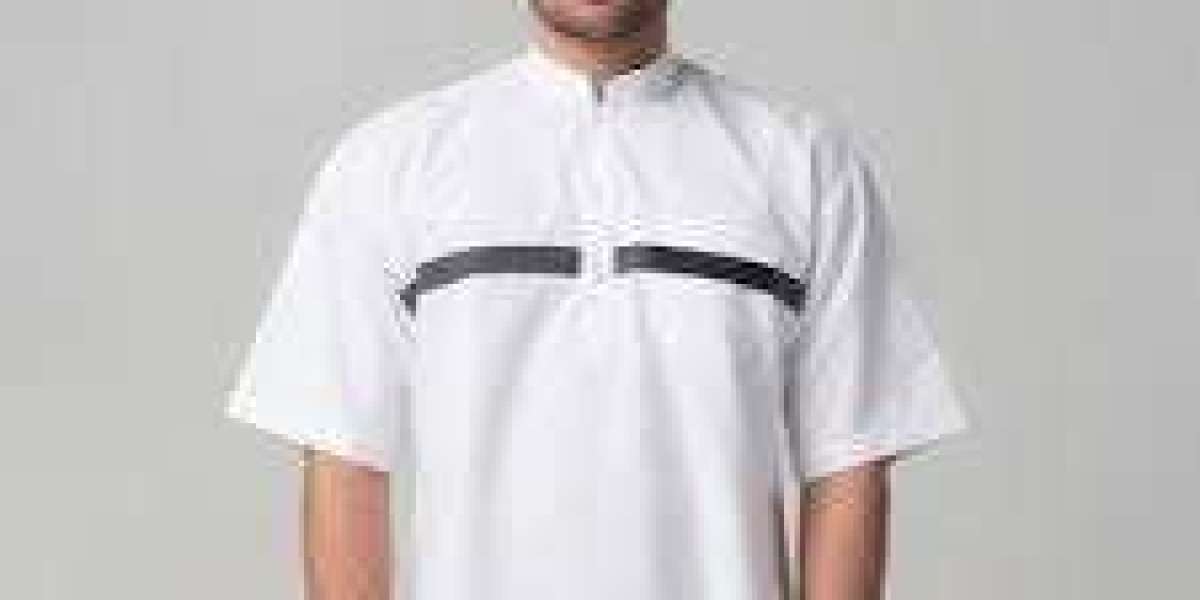Polyvinyl Alcohol (PVA), when dissolved in water, becomes a powerful and highly adaptable solution used across multiple industries. This water-soluble synthetic polymer is valued for its film-forming, adhesive, emulsifying, and thickening properties. As environmental concerns rise and industries look for safer and more sustainable alternatives, aqueous solutions of PVA are gaining popularity due to their non-toxic, biodegradable nature.
What is Polyvinyl Alcohol Water Solution?
Polyvinyl Alcohol in water is simply PVA that has been dissolved in water to create a uniform, clear solution. Depending on the degree of hydrolysis and molecular weight of the PVA powder, the concentration and viscosity of the solution can be adjusted for different purposes. Typically, warm or hot water is used to fully dissolve PVA granules, forming a clear, viscous liquid ideal for coatings, adhesives, and other specialty formulations. Polyvinyl alcohol
Key Properties of PVA Water Solution
- Water-Soluble:
PVA dissolves easily in water, particularly at elevated temperatures, making it ideal for applications requiring temporary support or easy clean-up. - Non-Toxic and Biodegradable:
PVA solutions are safe for human contact and degrade under environmental conditions, making them suitable for medical and food-related uses. - Film-Forming Capability:
Once applied, PVA in water can dry into a strong, flexible film, useful in protective coatings and packaging materials. - Excellent Adhesion:
PVA solutions bond well with porous surfaces like paper, wood, and textiles, commonly used in glue and binders.
Applications of PVA in Water
1. Packaging Industry
PVA water solutions are used to create water-soluble films, which are commonly found in detergent pods, laundry bags, and agrochemical pouches. These films dissolve in water during use, reducing plastic waste and making packaging more eco-friendly.
2. Textiles
In textile manufacturing, PVA water solution is used as a warp sizing agent to protect yarn during weaving. After processing, it is easily washed out with water, causing no damage to fabrics.
3. Paper and Coatings
The solution serves as a coating binder in the paper industry, enhancing printability, strength, and resistance to grease and oil. It also improves surface smoothness and gloss.
4. Adhesives
One of the most common uses is in white glues and pastes. PVA water-based adhesives are safe, easy to apply, and suitable for household, school, and industrial applications.
5. Construction
In the building sector, PVA water solutions are used as bonding agents and primers. They enhance the adhesion of plasters and cements to various surfaces, increasing durability.
6. Medical and Pharmaceutical Use
Due to its biocompatibility, PVA in water is used in contact lens solutions, tablet coatings, and drug delivery systems.
Conclusion
Polyvinyl Alcohol in water offers a unique blend of safety, functionality, and environmental friendliness. Whether used in industrial coatings, biodegradable packaging, or medical products, PVA solutions provide a modern alternative to petroleum-based polymers. As industries move towards greener practices, PVA water solutions will continue to play a vital role in sustainable development.







